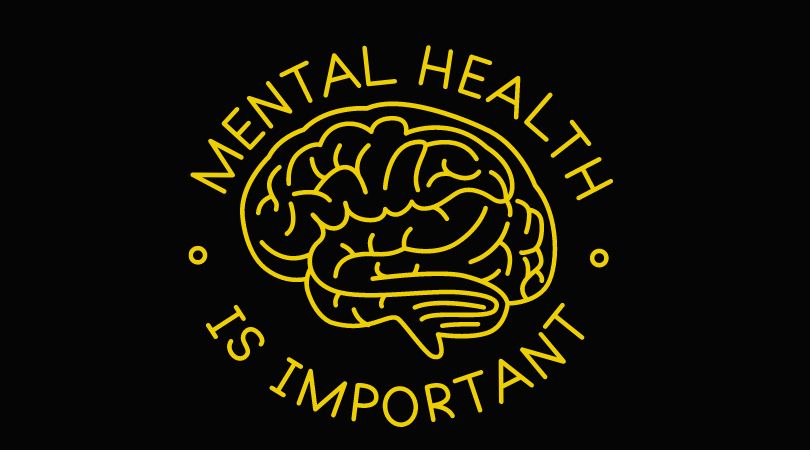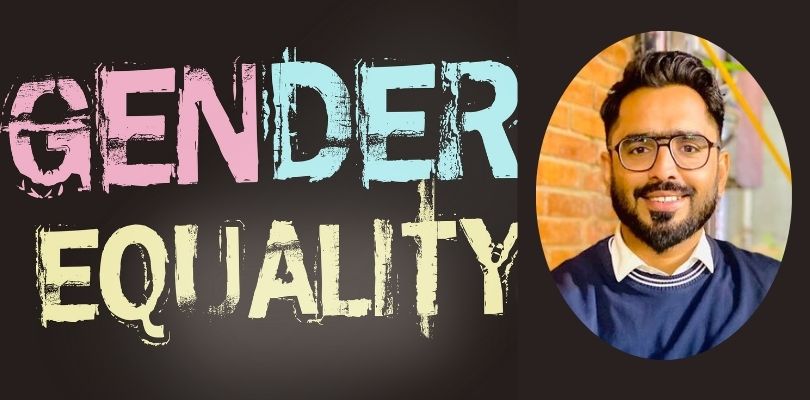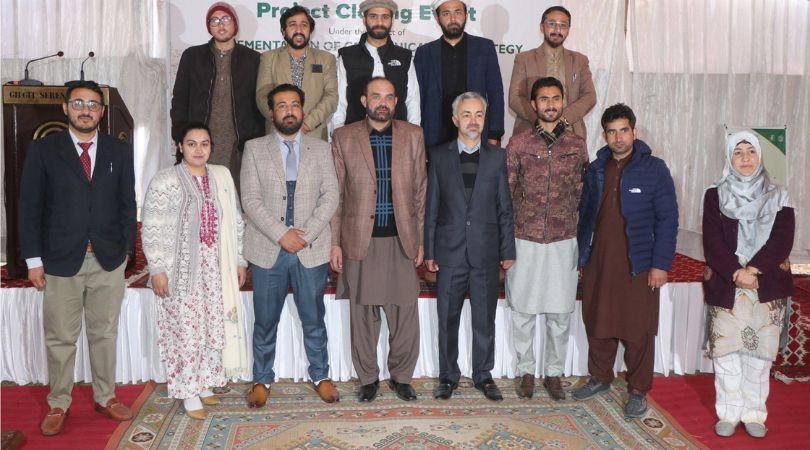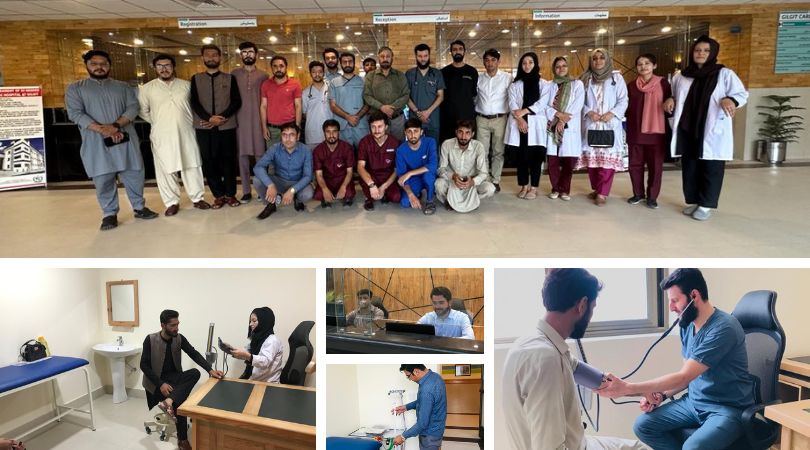By Israruddin Israr
The Department of Social Welfare Gilgit-Baltistan (G-B) organized a training workshop on ‘Sensitive Reporting’ with reference to mental health and suicides for local journalists at Press Club Gilgit. I also had the privilege of being invited to share my point of view with the audience.
As per the World Health Organization, approximately 2.5 million individuals in Pakistan are faced with mental disorders and require regular treatment. However, the available facilities for the treatment of the mental health issues in Pakistan are insufficient. For a nation with a population of 24 million, there are only three government hospitals and a five hundred mental health specialists dedicated to addressing mental disorders.
It is important to understand that just as physical ailments like fever, mental issues can also be discussed without any shame.
Israruddin israr
Mental health is not considered an issue in Pakistan because our general population is not aware of it. The void of mental specialists has been filled by fake spiritual healers, fake doctors, necromancers and shrine-sitting malangs.
As per the World Health Organization, approximately 2.5 million individuals in Pakistan are grappling with mental disorders and require consistent care. Regrettably, the available treatment facilities for mental health issues in Pakistan are severely lacking. In a nation with a population of 24 million, there are only three government hospitals and a mere five hundred mental health specialists dedicated to addressing mental disorders.
There exists a robust interconnection between physical and mental health systems across the world. Unfortunately, when it comes to Pakistan, it severely lags the world in this regard thus creating a direct barrier in country’s development.
At the policy-making level, mental health has received little attention, despite a desperate need for a general treatment of more than 2.5 million individuals. The number of people suffering from various other mental health issues is many times more than it. A stark indicator of the prevalence of mental disorders is the presence of violent behaviour in society.
According to experts, there are mental health factors behind issues like suicide, domestic violence, etc. in Gilgit-Baltistan. One is the lack of awareness among the public about mental health and the other is the stigma associated with it, i.e., people consider referring to a psychiatrist as their disrespect. It is important to understand that just as physical ailments like fever, mental issues can also be discussed without any shame. After which it can be treated.
There are various forms of mental illnesses. At initial stage, one can enhance his/her well-being by changing their routines and engaging in healthy activities, often guided by mental health counsellors. If the mental illness persists, psychologists can undertake therapies. In cases of increasing complexity, regular evaluations are carried out and medication prescribed by a psychiatrist as part of his/her professional responsibility.
In Gilgit-Baltistan, there is little mental health awareness and no dedicated centers to create awareness. Though some organizations like the Health Department G-B, Social Welfare Department, Aga Khan Health Service, and the Rupani Foundation are making efforts in this regard, these endeavors are currently insufficient to address the pressing need for mental health awareness and support in the region.
Its high time for the government to formulate a comprehensive mental health policy by recognizing mental health as a fundamental human right.
Israruddin Israr
Moving forward, it is imperative for the government to take important steps in this regard. These actions should include the formulation of a comprehensive mental health policy, recognition of mental health as a fundamental human right, establishing hospitals for the treatment of mental illnesses, conducting awareness programs through media, and setting up mental health centers even in remote village areas.
Due to the continued efforts of various stakeholders over an extended period of time, there has been a notable improvement in the situation in the Ghizer district. This is evident in the reduced number of reported suicide cases in the district compared to previous years. In contrast, other districts have witnessed an increase in incidents of suicides. This necessitates substantial amount of work to be done in addressing mental health concerns in all districts including Ghizer.
Dr. Farzana, a renowned psychiatrist in Ghizer district, has been working with remarkable dedication despite having limited resources. Likewise, there are other institutions also making commendable efforts in their limited capacity.
Overall, it is imperative for the government of Gilgit-Baltistan to prioritize mental health and implement tangible measures to address this issue.
The writer is a Gilgit-based human rights activist and columnist. Currently, he is associated with HRCP as the regional coordinator Gilgit-Baltistan. He can be reached at israrhrcpglt@gmail.com














